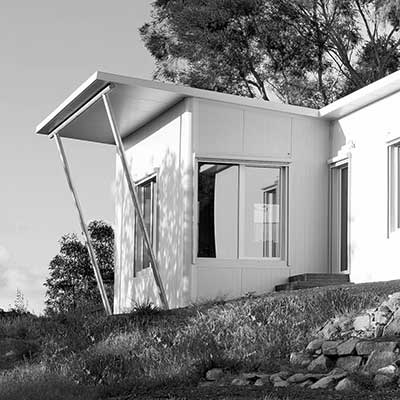
The Paris climate talks have been all over the news recently.
Now that they have concluded, another news headline will take the place of our world leaders and 40,000 others discussing how to slow climate change amidst riots in the Paris streets.
We need to reduce warming so that it does not exceed two degrees. Even that limit is a bad outcome.
Peripheral stories are those involving buildings, which account for at least 30 per cent of the world’s carbon emissions.
Kevin McCloud, the presenter of the television series “Grand Designs,” announced that the company he chairs, HAB, has pledged to build houses that produce more energy than they use.
McCloud said “I believe passionately that house builders and progressive businesses can step in where government fails. It’s in our power to harness innovation, embrace the newest low-energy technologies, reduce demand (and cost) for people and help build communities that are sustainable and low-impact.”
Perhaps, sadly, the outcome of the Paris climate talks will not be as good as the Earth needs them to be. But can we sit back and expect our world leaders to fix this problem for us?
Regardless of what commitments were made in Paris, we each contribute to global warming. And we each have a responsibility to do our part.
As the World Wildlife Fund’s website says, “We have to make sure that these innovators are not alone. Saving the planet needs to be a trend so popular that it becomes a way of life.”
Diane Urge-Vorsatz, the director of the Centre for Climate Change and Sustainable Energy Policy in Hungary, makes the case for the huge potential of the Passive House Standard to combat climate change. That’s because it produces a building that does not use much energy, regardless of whether that energy is produced from the sun, wind, or anything else.
But does anyone care?
Government is not taking the lead to legislate for the highest possible building standards.
Many developers build the cheapest they can, complying with only minimum building efficiency standards.
Individuals focus on the largest building they can afford, wanting to spend their discretionary budget on frills rather than a good, comfortable, high-performing building envelope.
How do we get people to think about their building decisions in a way that saves the planet? Perhaps it is too far-removed for people who are looking at their bank accounts while they make building decisions.
Perhaps it is all just too complex for people to make the link between high-quality, low-energy buildings, and protecting our climate.
Could we persuade them by showing that a low energy building could be substantially healthier, more comfortable, and more relaxing?
If this is really true, perhaps more of us could build such buildings so that others can at least experience them. It would at least amount to us doing something, not just watching our leaders struggle. We would be leading by example, not just by words.





